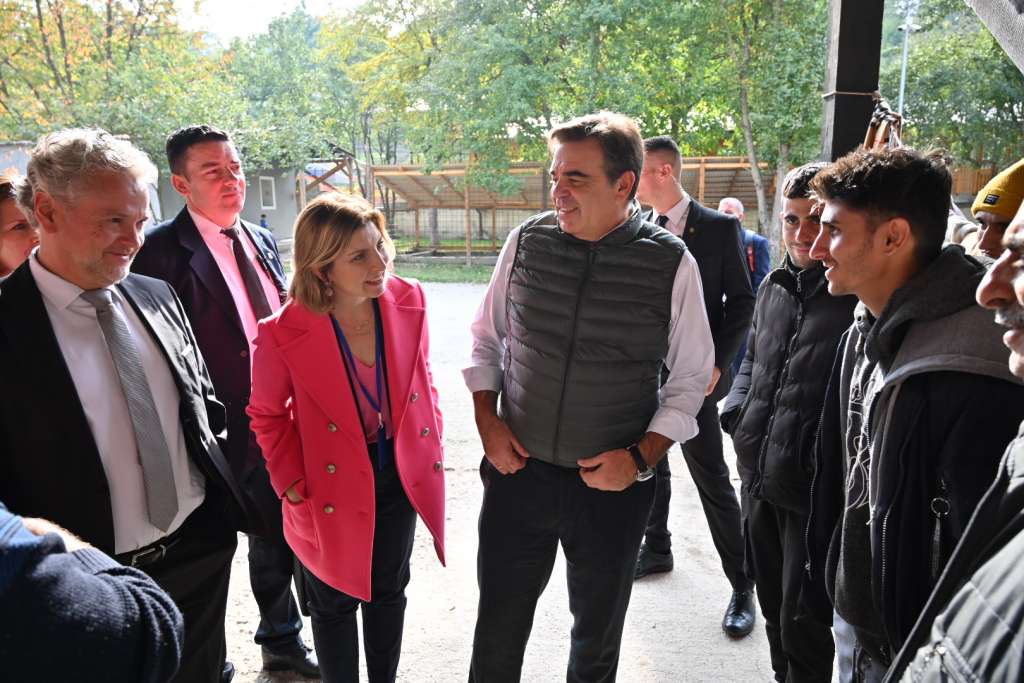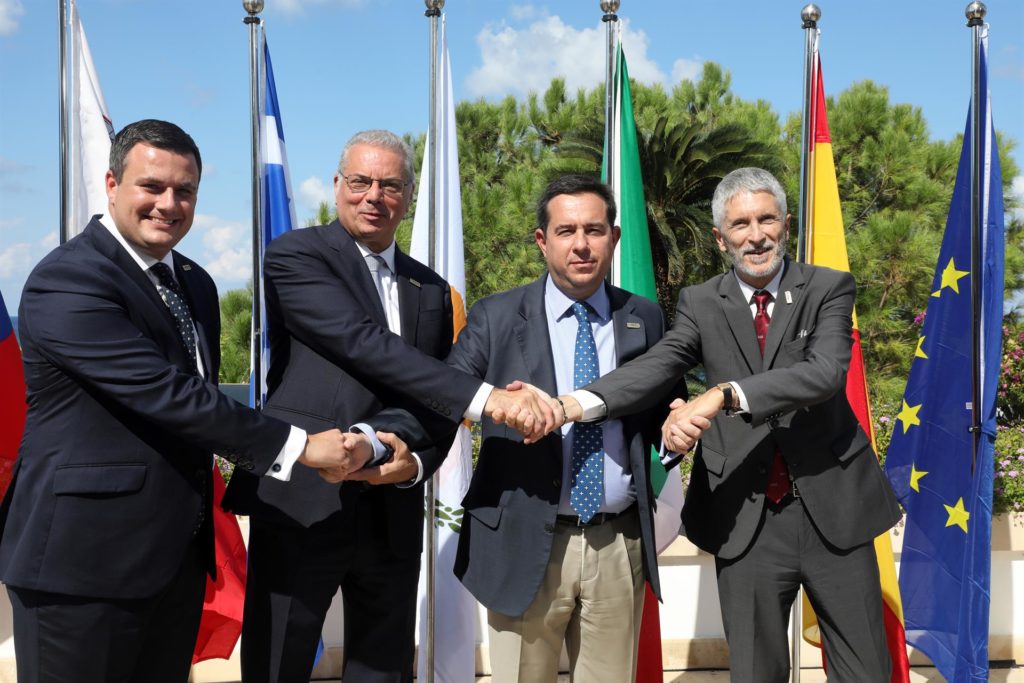 Have the article read by OpenAI (Beta). Please note that AI translations may take some time to process.
Have the article read by OpenAI (Beta). Please note that AI translations may take some time to process.EP starts debate on Croatia joining the Schengen area
Brussels (HINA) – The process for adopting a European Parliament opinion on Croatian membership in the Schengen area began on Monday afternoon, when a draft report on the matter was presented at the Civil Liberties Committee. “Croatia has proven that it is ready to apply all provisions from the Schengen acquis in a satisfactory manner,” said the rapporteur of the European Parliament, Paulo Rangel, when presenting the draft report.
Shortly after its presentation, the draft opinion by Rapporteur Rangel will be voted on by the Committee on Civil Liberties, Justice and Home Affairs, after which the European Parliament should vote on it at a plenary session. The European Parliament might adopt its opinion already this month, after which Croatia’s application will need the unanimous support of the Council members that already apply the Schengen acquis, a decision that is expected to be made by the end of the year.
In October 2019, after four years of evaluation, the European Commission concluded that Croatia had taken the necessary measures to accede to Schengen. On 29 June 2022, the Council of the European Union initiated the procedure for adopting a decision on the admission of Croatia, requesting the opinion necessary for a final decision on accession from the European Parliament. The Council of the EU then proposed to abolish border controls on land and maritime Croatian borders with Schengen countries from 1 January 2023, with airports to follow suit from 26 March. (October 10)
EU states agree to train thousands of Ukrainian soldiers
Brussels (dpa) – The EU states want to train around 15,000 Ukrainian soldiers in the future. There is an agreement of the Political and Security Committee (PSC), German press agency dpa learned from EU circles. The PSC brings together the ambassadors of the EU states under the chair of the European External Action Service. The decision has yet to be formally confirmed by the EU countries. (October 9)
EU’s Schinas announces new project in BiH worth almost 40 million euros

Sarajevo (FENA) – Vice-President of the European Commission for the Promotion of European Lifestyle Margaritis Schinas visited Bosnia and Herzegovina, where he announced the implementation of a new project worth 39.5 million euros, which is aimed at supporting Bosnia and Herzegovina (BiH) in dealing with migration flows and border management.
“In recent months, the number of people on the move has increased again, which means that we all need to address the situation with increased caution. That is why I decided to make a series of visits, which besides Sarajevo also includes Belgrade, Skopje and Tirana, to see how we can best respond to the situation,” Schinas said.
Schinas met with the Minister of Security of BiH, Selmo Cikotić, and thanked him for the leading role that the Ministry has in improving the migrant situation, coordinating services, and enhancing international cooperation. In addition, Schinas called for stronger cooperation and coordination with the European Border and Coast Guard Agency (FRONTEX) as well as for BiH to finalize the establishment of a common contact point for cooperation with the European Union Agency for Law Enforcement Cooperation (EUROPOL).
Since more people on the move began arriving in Bosnia and Herzegovina in early 2018, the European Union has provided more than 100 million euros for the care of refugees, asylum seekers, and migrants, as well as to help BiH strengthen its capacity to manage migration. The new project, worth 39.5 million euros, is aimed at improving border management and will provide a framework for the transition of coordination and management of the response to migration in BiH with UN agencies, humanitarian actors and BiH authorities. The funds originate from 101 million euros that the EU has allocated to three Western Balkan partners, BiH, North Macedonia, and Serbia, to strengthen capacity in managing migration flows. (October 9)
Mediterranean countries demand mandatory sharing of migration load

Nicosia (EFE) – The interior ministers of the Mediterranean countries that make up the so-called Med5 group – Spain, Italy, Greece, Cyprus, and Malta – announced this Saturday their demand for a “compulsory” distribution of migrants. The “voluntary” solution did not improve the situation of the frontline countries.
At a meeting held in the Cypriot province of Paphos, the interior ministers also reinforced their position that the main tool for managing migration is cooperation with countries of origin and transit.
In this context, Spanish Minister Fernando Grande-Marlasca emphasized that Southern European countries are already working closely with non-EU countries to offer assistance so that their citizens do not leave their homes. “We must engage with Africa in a holistic way, not only in terms of security, not only in the fight against smuggling, but more broadly, economically and socially,” he stressed.
The interior ministers met for the fourth time in this format, and on this occasion, they focused on strengthening their common position ahead of the EU Justice and Home Affairs Council, which will be held next week in Luxembourg, with the aim of giving impetus to the negotiations of the European Pact on Migration and Asylum. (October 8)
Italy proposes a dynamic price corridor for natural gas
Prague (ANSA) – Italy, Poland, Greece and Belgium have worked on a proposal for dynamic pricing of natural gas, to be applied in a scenario where there is no supply shortage and there is an exchange of gas supply and demand. This is one of the key points of the ‘non-paper’– an unofficial document – signed by the four EU countries, which ANSA has seen. Based on the concept of a “dynamic corridor”, it is possible to establish a central value for this corridor and review it regularly, taking into account external benchmarks (for example, oil prices) and allowing fluctuations (for example by 5%) around the central value within the corridor, the proposal reads.
The ‘non paper’ containing the proposal has been circulated in the offices of the European institutions, has been sent to the Commission and will also be among the proposals subject to debate among the member countries. The document envisages that the application of this “dynamic corridor” to the price of gas has a “central value” that would represent a maximum price cap. (October 6)
This is a compilation of the European coverage of enr news agencies. It is published Wednesdays and Fridays. The content is an editorial selection based on news by the respective agency.
